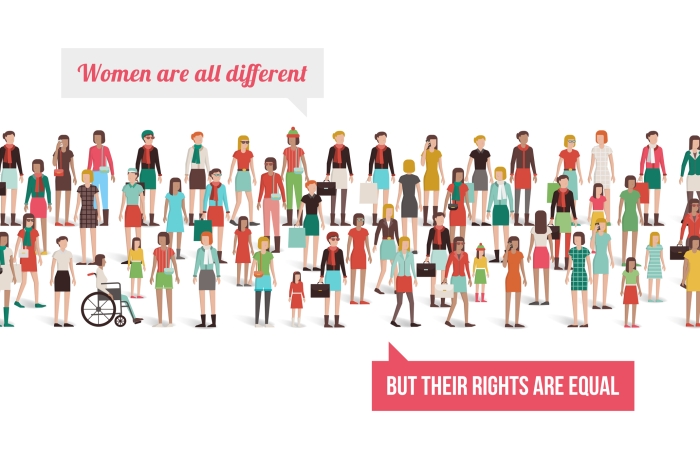I’ve found something that sparked my interest.Sorry, it has taken me so long to post another blog. I promise I will do better. A dear friend, his wife, and I, whom both I love dearly, were having a great conversation one day and she really seemed very vocal about her country. Lebanon that is. We were talking about politics and somehow we seemed to grow a bond and a respect for each other to know that people from different walks of life share the same interest. She seemed so passionate about it, I had to do some research to see what the big fuss was about. Better yet, I even wrote a 500 plus word essay. It amazes me that even though we may not be from the same country, we still have some of the same issues in life. I’m not surprised by this by any means. It’s just one thing I wish most Americans can see as well. This blog is by no means a disregard for other women and countries but it is specifically a reminder for men and women everywhere.Take a look and please tell me your thoughts. 
For centuries, Lebanon has been a place of bloodshed, wars, and strong political movements. Lebanon is a country in the Middle East that sits on the continent of Asia and it’s also a sovereign state. It’s bordered by Syria to the North and East and Israel to the South. Some say the Lebanese women are far treated more fairly than the women in the neighboring countries. So, I did some research and with the help of some well-known articles and journalist. I found that the Lebanese women are treated with some of the same discriminations that other women face around the world.
Based on the Human Rights Watch website HRW.ORG, “Lebanon’s religion-based personal status discriminate against women across the religious spectrum don’t guarantee their basic rights.” HRW also stated that Lebanon has 15 separate personal status laws for it’s recognized religions but no civil code covering issues such as divorce, property rights, or care of children. These laws are administered by autonomous religious courts with little or no government oversight, and often issue rulings that violate women’s human rights. Women have been fighting for their rights since the beginning of time and it goes to show women around the world have some of the same issues.
One Lebanese woman chooses to put up a fight for her country. Her name is Nayla Tueni Maktabi. Her maiden name is Nayla Tueni. She’s a journalist, activist, politician, wife and a mom at the age of 33. Nayla wants to see Lebanon remain aside from regional tensions and conflicts, which have turned it into a battlefield for the wars others fight against each other. She also wants to see Lebanese prisoners released from Syrian jails and also supports the securing of borders to prevent arms smuggling; and equal rights for Lebanese women, from voting to participating in the Army, which is also a huge topic for the women in the United States.
Lina Khabit, an author of the British Journal of Middle Eastern Studies wrote, “Women in Lebanon are often perceived as enjoying a better status than their sisters in other Arab countries, whether economically, socially or politically. While women in Saudi Arabia are not allowed to own businesses, and since 1988, they have been admitted into the Lebanese army. Since 1974, married Lebanese women no longer need the permission of the husband to travel abroad or to obtain a passport. And the number of Lebanese women seeking higher education matches that of men. More women in Lebanon are forming part of the workforce. Females constituted 18.4% of workers in 1975; this figure jumped to 27.2% in 1995, and 29% in 2007. All those issues contribute to painting a rosy picture of the condition of women in Lebanon.”
Although this may be true, Lebanese women have endured and experienced heartache and inequality just as much as any other women in the world. Nayla Maktabi says,” Today’s image of Lebanon is completely different from what it used to be.”
Works Cited
Khatib, L.. (2008). Gender, Citizenship and Political Agency in Lebanon. British Journal of Middle Eastern Studies, 35(3), 437–451. Retrieved from http://ezproxy.twu.edu:2069/stable/20455620
HRW.ORG https://www.hrw.org/report/2015/01/19/unequal-and-unprotected/womens-rights-under-